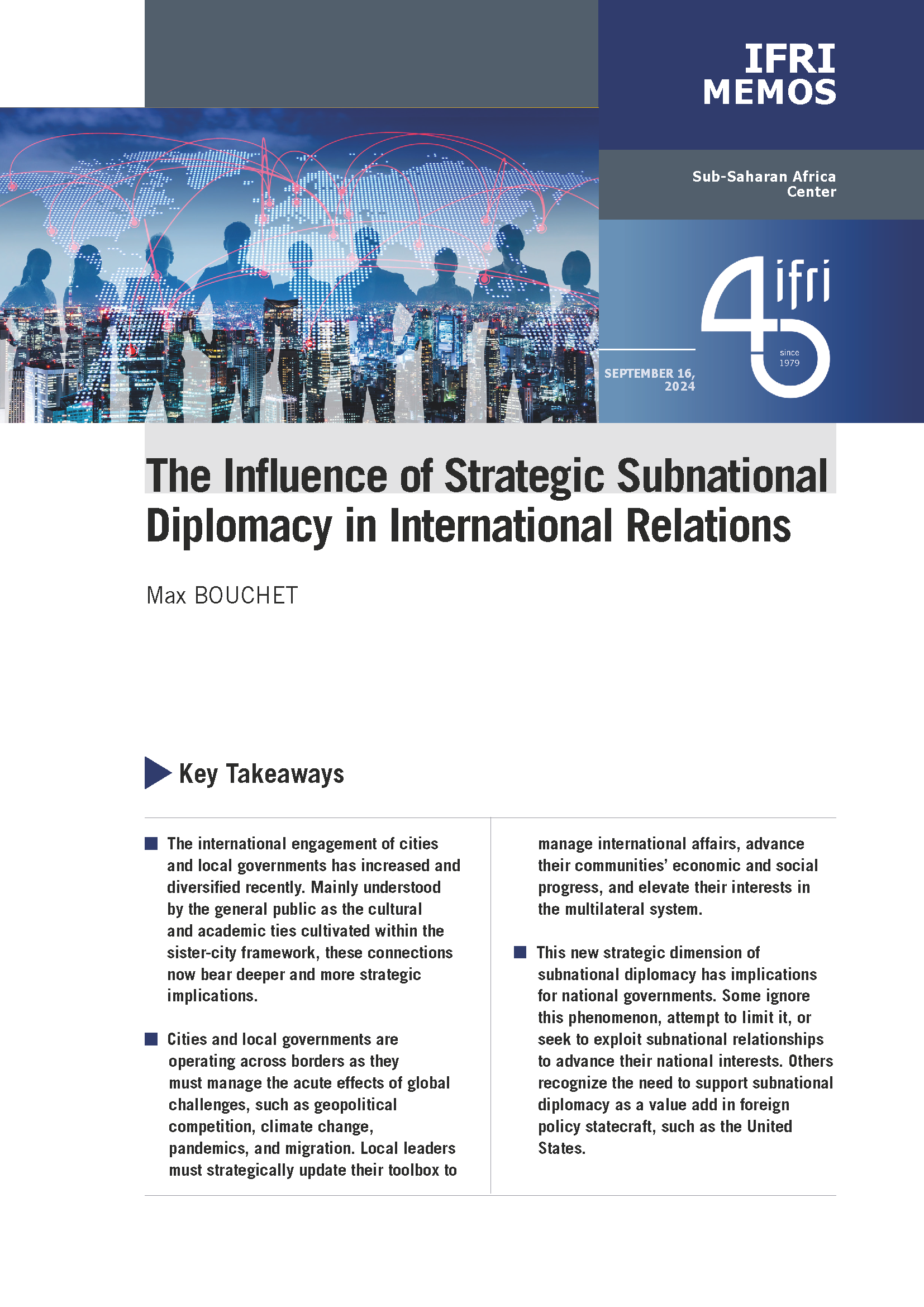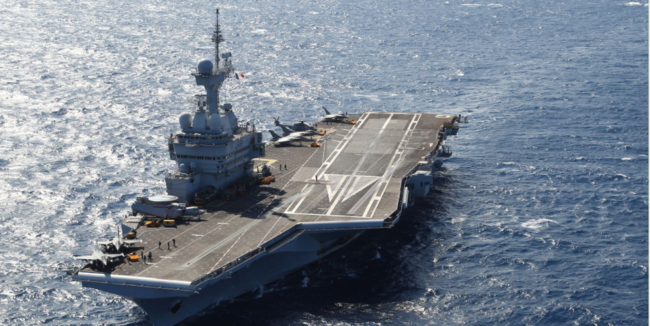War and Democratic Decision Making: How do Democracies Argue and Decide Whether or Not to Intervene in Distant Wars?

What is the proper place and forum for decisions about war and peace in a democracy? There is surprisingly little consensus on this matter, not in theory and not in practice. While in Iraq, Libya and Syria, all Western actions have ended in failure, it seems necessary to analyze the place and importance of this aspect of the democratic decision making.
It’s tempting to explain this away as essentially contested — not the kind of thing we might have a real consensus about. But that’s ignoring a pretty solid consensus on so many other similar matters. It’s been nearly two decades since anyone seriously argued that monetary policy should be made more democratically, and much longer since anyone openly called for fiscal policy to be made less democratically. This doesn’t have to be permanent, and it probably won’t be. But citizens of democratic countries would find it weird if suddenly decisions about taxes and spending, rather than reflecting elected parliamentary majorities, were devolved to panels of expert economists. And at the same time, it is taken as a mark of serious mature governance that decisions on interest rates and money supply are solely in the hands of unaccountable experts.
Is war, or at least distant foreign intervention, more like a tax or an interest rate? Recent experience shows we are no closer to finding a consensus, and it raises grave questions about the ways in which we are making decisions about war in the absence of any mature notion about how we should be doing so.
Major democracies such as the United States, the United Kingdom, France, and Germany were faced with intervention dilemmas in Iraq in 2002-3, in Libya in 2011, and in Syria in 2013. In all three cases, sadistic dictators who in the distant past oscillated between Western favour and opprobrium (often with no discernible connection to their actual behaviour) have vacated the stage to be replaced by chaos and sectarian violence. Even though I am focusing here on the political consequences in major democracies, it is important not to lose sight of the fact that the most excruciating toll of all three crises has been in theatre in the countries that have been ravaged by war, terror, and social collapse.
For many Western commentators, however, decisions in Washington or London seem to be the only causally relevant ones. It’s not hard to find Obama-haters who are convinced that if only the U.S. had taken a more active stand five years ago, Syria would never have descended into the hell it is today, just as it’s not hard to find Bush-haters making a similar (and slightly more plausible) claim about Iraq if only the U.S. had stayed out.
In fact, looking at all three cases, it may very well be that Western involvement is the least pivotal variable. In Iraq, the US and a few of its key allies invaded and occupied the country, removed a murderous dictator, and set about creating a new constitutional order. The result has been catastrophic. In Libya, the U.S. and its allies launched a limited air campaign which helped topple a murderous dictator, but never put boots on the ground and never prepared for the day after. The result has been catastrophic. In Syria, the US and its allies made threats but mostly stood by as a murderous dictator massacred his own people and was held in check by an even more frightening Islamist death cult. The result has been catastrophic.
So what do we have here? Full intervention, catastrophe. No intervention, catastrophe. Partial intervention, catastrophe. The US, and the West more broadly, are simply not the most relevant independent variable, and we should be wary of any analysis that seeks to explain the ills of the Middle East by only looking at their actions — or the adventurism of one president or the reticence of another. I point this out up front to emphasize that this paper is not trying to explain the outcomes in the Middle East by the democratic or non-democratic processes in the West. There are plenty of other places to look for a more complete story. Nor do I hold that the three cases are identical or even similar in other ways. Notably, in the first (Iraq) the debate centered on the question of invading and occupying a country that was not at that moment being torn apart by sectarian strife.
A Long Argument and an Engaged Public
A comparative assessment of policy efficacy in these three cases is depressing, unedifying, but obviously important. A comparative assessment of the process of public decision-making in these three cases, however, is deeply interesting and at least as important (even if the stakes in human lives are much lower.
The debate about Iraq was central to domestic politics in the U.S., the U.K., France, and Germany in the last months of 2002 and the first months of 2003. In the U.S. and Germany, it was even (rather cynically) turned into a focal issue in national elections (the American 2002 midterms and the German federal election a month earlier). Public opinion was deeply involved, and while we may quibble about the quality of the debate, the issue dominated the op-ed pages of newspapers in all four countries. On the center-left and left, in particular, columnists and public intellectuals made and sometimes ruined reputations with bold stands on the prospect of war in a distant land most knew very little about. Professors of international relations took out full-page ads in major newspapers to express views on the war, most memorably in September 2002 when nearly all the leading lights of the field signed an ad in the New York Times urging “vigilant containment” of Iraq rather than an invasion. Large demonstrations (mostly anti-war) featured prominently too, including coordinated demonstrations in European and American cities on February 15, 2003 which together drew millions of demonstrators out into the streets. It seems that well before the war started everyone had an opinion on it — even if many would prefer to forget what that was as soon as the war started to go badly. The two most notable features of this debate were its long duration and its variable outcome: it was played out for months, and in two countries (U.S., U.K.) the ultimate decision was to go to war, while in the other two (France, Germany) it was not to.

Also available in:
Regions and themes
ISBN / ISSN
Share
Download the full analysis
This page contains only a summary of our work. If you would like to have access to all the information from our research on the subject, you can download the full version in PDF format.
War and Democratic Decision Making: How do Democracies Argue and Decide Whether or Not to Intervene in Distant Wars?
Related centers and programs
Discover our other research centers and programsFind out more
Discover all our analysesEUDIS, HEDI, DIANA: What's behind Three Defense Innovation Acronyms?
In Europe, with Russia’s war of aggression against Ukraine showing little sign of abating, a persistent gap remains between security needs and defense spending. According to a 2006 commitment enshrined at the 2014 Wales NATO summit, the North Atlantic Treaty Organization (NATO) members should disburse no less than 2% of their national gross domestic product (GDP) on defense, out of which 20% is to be spent on equipment and research and development. In 2024, only 23 Allies out of 32 are expected to meet or exceed this target, though a significant improvement from only three in 2014. This total includes the United States (US) devoting 3.38% of its GDP to defense, constituting almost 70% of all NATO member defense spending combined.
From Ukraine to Gaza: Military Uses of Artificial Intelligence
The wars in Ukraine and Gaza show us the extent to which artificial intelligence (AI) has become integral to battlefield operations.

French thinking on AI integration and interaction with nuclear command and control, force structure, and decision-making
This paper analyses the French literature on France’s perception of military AI, especially its consequences on strategic systems and competition, and nuclear deterrence.
The Future of Europe’s Strategic Deterrence is (also) at Sea
A cursory look at both France and the UK suggests that the future of European nuclear deterrence is at sea.










